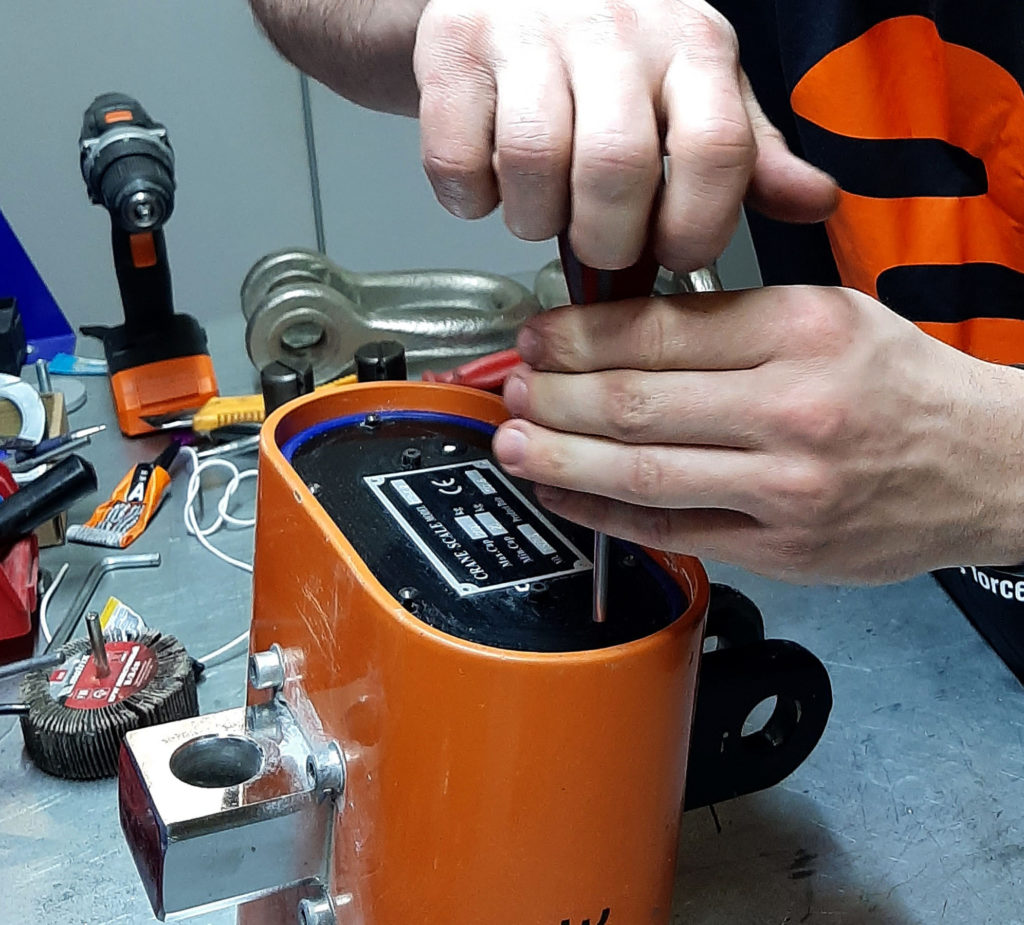Instructions on Calibration & Care of Balances
페이지 정보

본문
Calibration and maintenance of weighing scales is crucial tasks that ensure precision & dependability in the measurements gained with such devices.
Balances are utilized in several industries like healthcare, in precise readings are required.
 In this guide, you will provide regulations on those calibration & care on scales.
In this guide, you will provide regulations on those calibration & care on scales.
Why is it Maintenance & Maintenance Matter
Calibration and maintenance of balances are essential to ensure precise readings. Unless a weighing scale are not maintained & served regularly, they may result in incorrect measurements, which may have serious results, especially with sectors in product quality is critical.
Incorrect readings may lead tainting of food materials, labeling errors of pharmaceuticals, & incorrect packaging with packaging materials.
Guidelines on Calibration of Scales
1. **Regular Calibration**: balances must are calibrated in normal periods, usually quarterly, depending those utilization & atmospheric settings.
2. **Certification**: Select an maintenance facility that are accredited by an recognized accreditation organization, like a Global Organization on Quality Control or the Federal Institute for Research and Technology.
3. **Calibration Protocol**: Follow an standard maintenance protocol, that comprises weighing certified weights, checking any errors, and adjusting those balance required.
4. **Document Evidence**: Store an record in the maintenance, comprising the time and results, and store the documentation in a secure place.
5. **Verify Calibration**: мастерская по ремонту весов Check those calibration of the weighing scale by weighing known masses and verifying for faults prior putting those scale on operation.
Regulations for Maintenance on Scales
1. **Daily Cleaning**: Wipe the scale daily using a soft cloth & dry those before operation.
2. **Leveling**: Make sure those weighing scale is stable and securely placed at those surface.
3. **Zero-Point Adjustment**: Check & correct the zero offset of the weighing scale periodically in guarantee precise readings.
4. **Temperature and Humidity Controls**: Keep the weighing scale at a controlled environment, away direct light, humid air, & extreme heat.
5. **Battery Replacement**: Swap those batteries of digital balances regularly in ensure accurate readings.
Recommendations on Effective Maintenance
1. **Develop a Maintenance Schedule**: Create a schedule for maintenance & calibration in scales, and follow in it.
2. **Train Personnel**: Educate employees operating scales in regular servicing and calibration methods.
3. **Use Specialized Tools**: Apply specialized tools, such calibration weights & maintenance software, to ensure accurate maintenance.
4. **Regular Inspection**: Periodically examine weighing scales for signs of wear & deterioration, & repair those as necessary.
Finally, calibration and maintenance of balances are crucial procedures which guarantee accuracy & dependability of readings. By adhering to the regulations provided above, you can guarantee which your company's weighing scales is precise & reliable, & minimize any risks that may arise due to incorrect measurements.
Balances are utilized in several industries like healthcare, in precise readings are required.
 In this guide, you will provide regulations on those calibration & care on scales.
In this guide, you will provide regulations on those calibration & care on scales.Why is it Maintenance & Maintenance Matter
Calibration and maintenance of balances are essential to ensure precise readings. Unless a weighing scale are not maintained & served regularly, they may result in incorrect measurements, which may have serious results, especially with sectors in product quality is critical.
Incorrect readings may lead tainting of food materials, labeling errors of pharmaceuticals, & incorrect packaging with packaging materials.
Guidelines on Calibration of Scales
1. **Regular Calibration**: balances must are calibrated in normal periods, usually quarterly, depending those utilization & atmospheric settings.
2. **Certification**: Select an maintenance facility that are accredited by an recognized accreditation organization, like a Global Organization on Quality Control or the Federal Institute for Research and Technology.
3. **Calibration Protocol**: Follow an standard maintenance protocol, that comprises weighing certified weights, checking any errors, and adjusting those balance required.
4. **Document Evidence**: Store an record in the maintenance, comprising the time and results, and store the documentation in a secure place.
5. **Verify Calibration**: мастерская по ремонту весов Check those calibration of the weighing scale by weighing known masses and verifying for faults prior putting those scale on operation.
Regulations for Maintenance on Scales
1. **Daily Cleaning**: Wipe the scale daily using a soft cloth & dry those before operation.
2. **Leveling**: Make sure those weighing scale is stable and securely placed at those surface.
3. **Zero-Point Adjustment**: Check & correct the zero offset of the weighing scale periodically in guarantee precise readings.
4. **Temperature and Humidity Controls**: Keep the weighing scale at a controlled environment, away direct light, humid air, & extreme heat.
5. **Battery Replacement**: Swap those batteries of digital balances regularly in ensure accurate readings.
Recommendations on Effective Maintenance
1. **Develop a Maintenance Schedule**: Create a schedule for maintenance & calibration in scales, and follow in it.
2. **Train Personnel**: Educate employees operating scales in regular servicing and calibration methods.
3. **Use Specialized Tools**: Apply specialized tools, such calibration weights & maintenance software, to ensure accurate maintenance.
4. **Regular Inspection**: Periodically examine weighing scales for signs of wear & deterioration, & repair those as necessary.
Finally, calibration and maintenance of balances are crucial procedures which guarantee accuracy & dependability of readings. By adhering to the regulations provided above, you can guarantee which your company's weighing scales is precise & reliable, & minimize any risks that may arise due to incorrect measurements.
- 이전글Floral THC Seltzers 25.03.28
- 다음글Magnetic Braking of Advanced Port Logistics Systems 25.03.28
댓글목록
등록된 댓글이 없습니다.